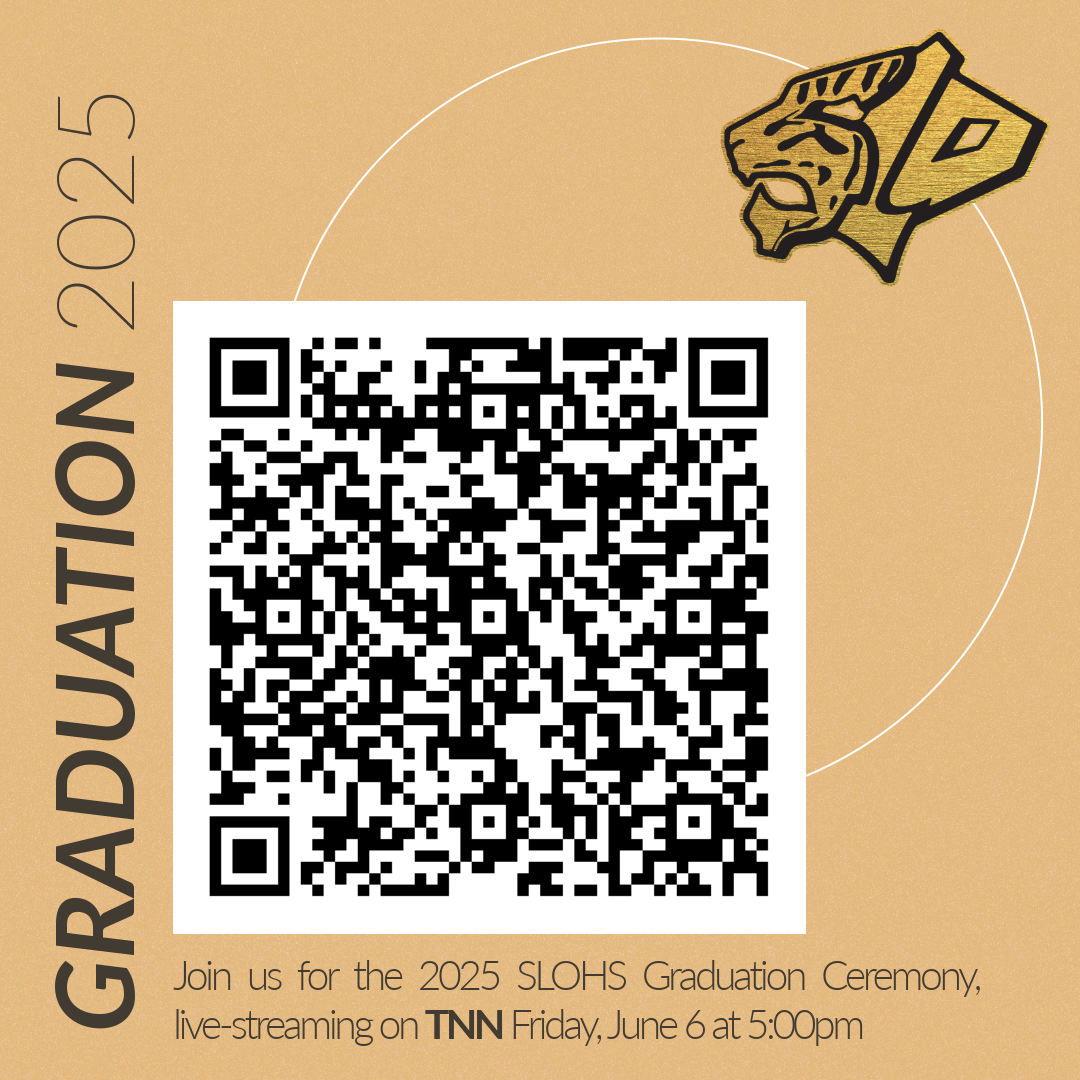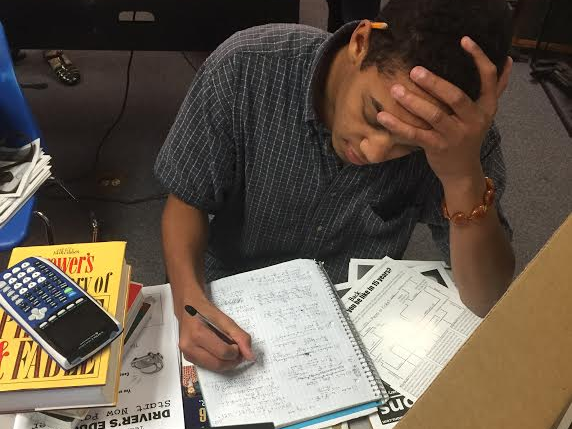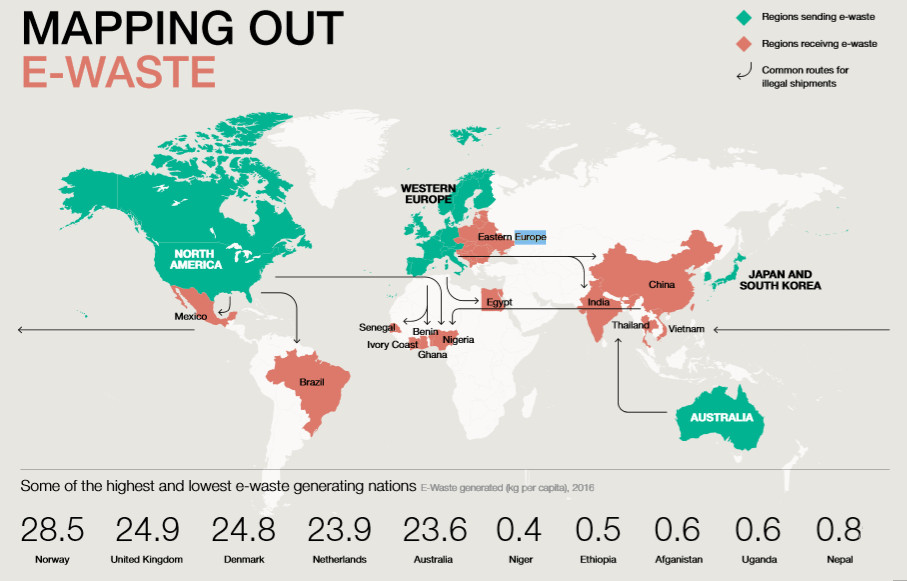San Luis Obispo High School is not a healthy learning environment. And while some might disagree, they are most likely buying into the statistics; the number of students admitted to Ivy League colleges every year, the rising grade point average numbers, the number of Advanced Placement courses offered at our school, average SAT score numbers, and the number of students each year awarded with Golden Tiger awards.
As an annual recipient of the Golden Tiger award, I’d like to bring their attention to some other numbers. Like the number of hours students sleep at night. Or the number of AP courses on student’s school schedules. Or the number of pills they might take in order to focus on getting it all done. Or the telephone number on the mental health help posters that are taped to the hallway doors.
Of course, it is not fair to assume that all students at SLOHS take difficult courses or have an unmanageable workload. That is not the message here. What should be recognized, however, is that our school, our culture, and our country, recognizes those students who are “successful” in a traditional sense, and encourages all students to adhere to this one path; the same one that leads students to the top of the class and gets them the most prestigious college acceptance letters.
There is nothing unadmirable about being one of the most highly-ranked students in your class, or getting into a great college. What is unadmirable, and actually- sickening- about this is how it has changed the concept of high school education for the worse, and the price so many students pay for this kind of “success”.
It seems as though very few teachers or adults realize the amount of pressure some students are under. According to USA TODAY, 82 percent of American high school students were estimated to have moderate-extreme levels of stress in the past year. Parents are determined to get their child into a top school, because they feel that that guarantees their child’s success in the real world, and maybe even their success as parents. What they fail to understand, however, is that this kind of path to academic success breeds unhealthy habits, insecurities, and a drawn-out exhaustion that eventually leads to burnout.
On top of that, there is an increasingly competitive culture growing among hard-working students. With things like class ranking, comparison feeds competition. It’s natural to feel jealous of someone who is more successful than you, but in an environment where school is the most important thing in your life, and someone’s beating you at it, things can get nasty.
I’m not saying we’ve got it all wrong. SLOHS isn’t as terrible as other high schools in the state. But the unhealthy learning culture that’s developed here over the past years needs to be recognized. We should not have students crying in class because their final dropped their AP-whatever grade from an A to a B. We should strive to make our high school, (and eventually, entire education system) a place where we can all learn in such a way that we can appreciate the material more than the grade. A place where a B is not deemed a failure.
When I’ve brought this up to teachers in the past, several have agreed. “The system is twisted” one San Luis Obispo High School teacher said. “I wish there was something I could do about it.”
There are some signs of hope. William Deresiewicz, a former Yale professor, wrote a book titled Excellent Sheep, which outlines a lot of the issues I specified with compelling evidence and statistics, all composing the idea of what he likes to call “The Miseducation of the American Elite”.
Race To Nowhere, a documentary about American education, highlights the same exact issues as well as their consequences through modern investigation.
Maybe there’s something wrong with rewarding students for their numbers. Think about it.
Source:

































A Senior • Feb 3, 2016 at 2:42 am
Very well written & insightful. We need more discussion about this. I’ll have to watch the documentary.